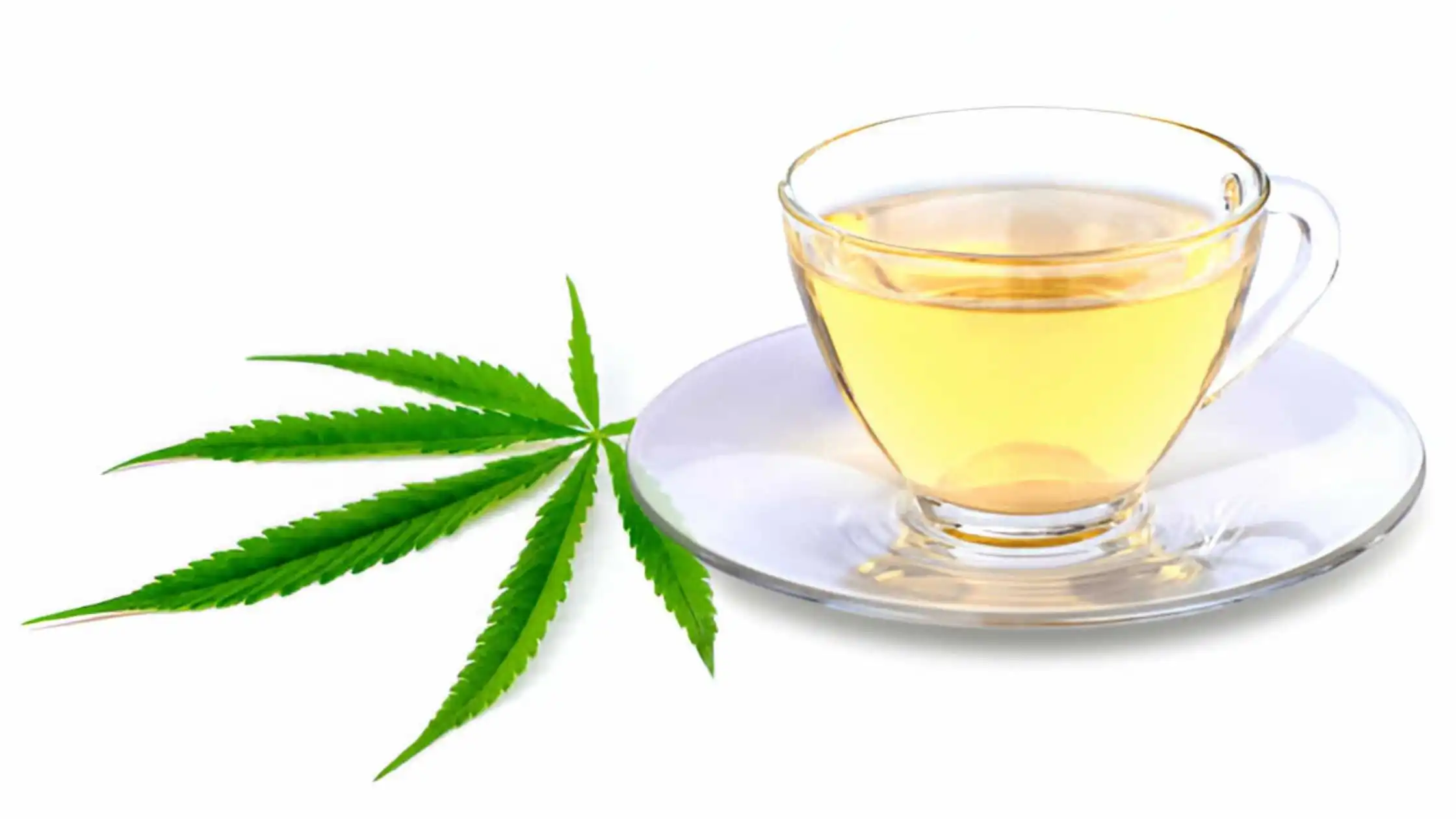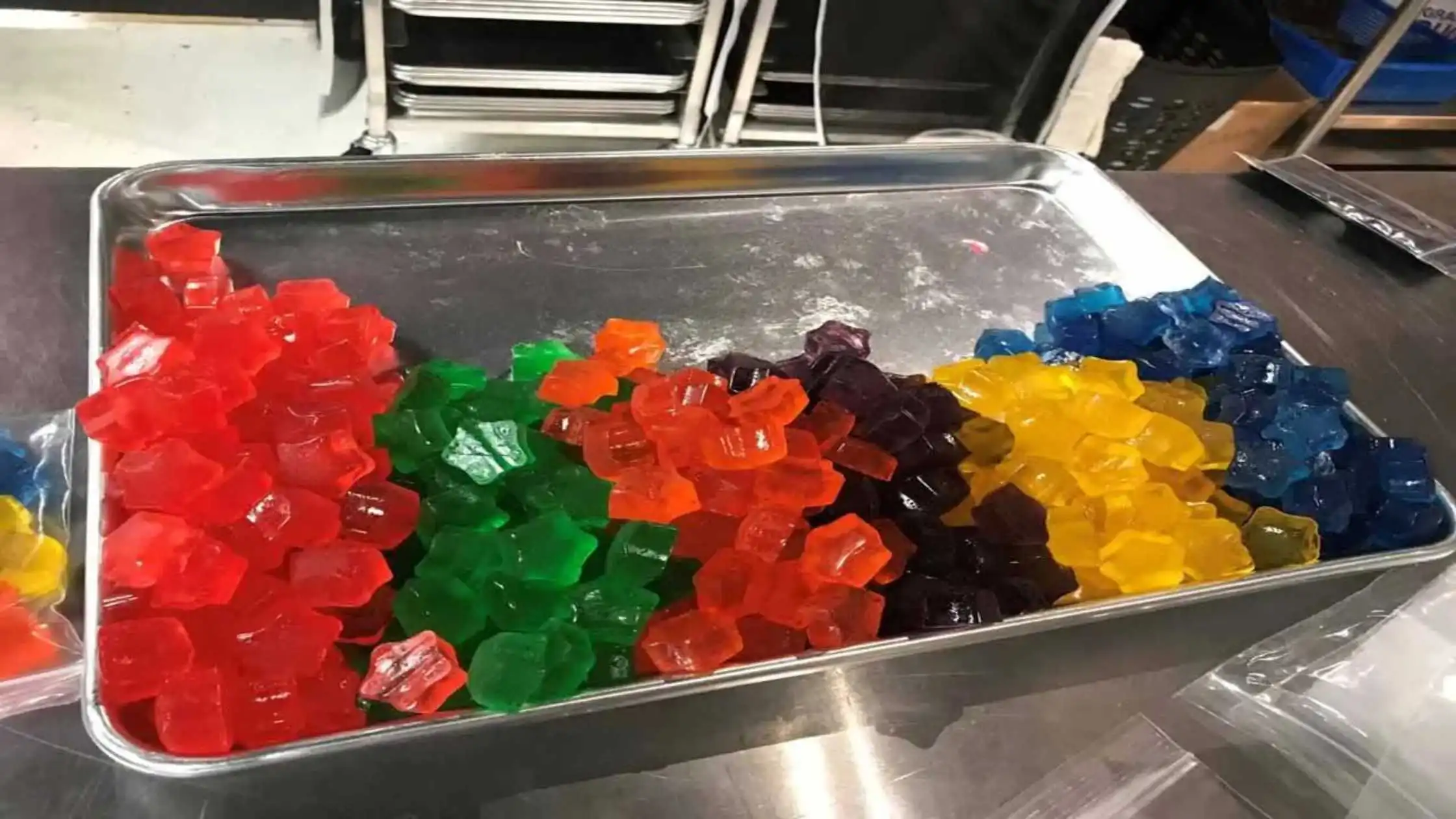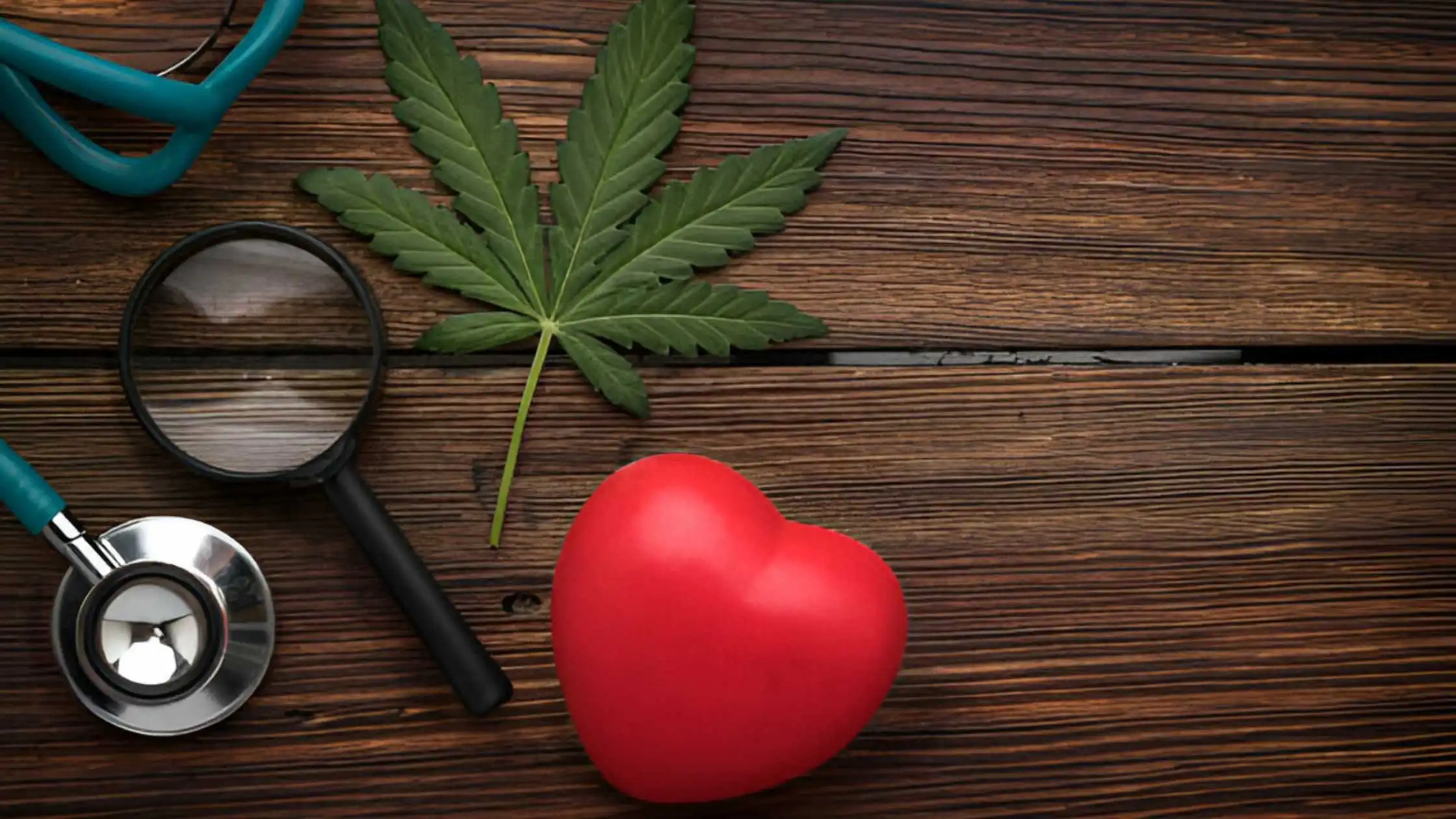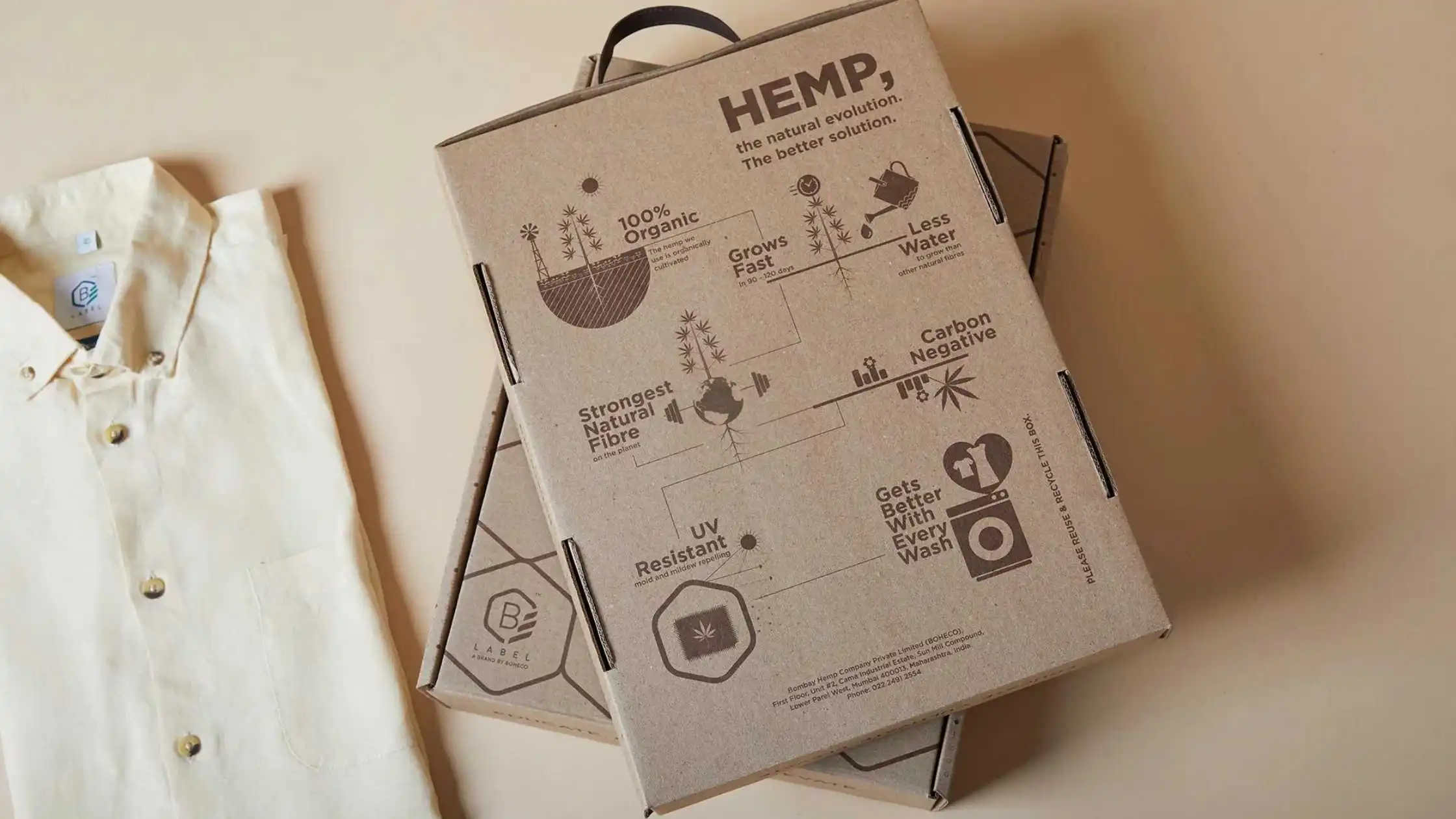A Brief History of the Hemp Plant
Hemp, as a versatile plant, is known to have a vast number of uses dating back thousands of years. Evidence of hemp cultivation dates back over 12000 years in China. As hemp grows in virtually any climate and soil, it is at everyone’s convenience (note that one does have to hold a license to grow industrial hemp in the UK). This fact teamed with the plant’s versatility and the variety of the end-uses, is why hemp was so abundantly used throughout history. Cannabis became a controversial subject in the early 20th century because it was believed that all types of cannabis carried psychoactive compounds, thanks primarily to smear campaigns in the USA from other large industries, which the prevalence of hemp alternatives would threaten. However, it is a myth that all types of cannabis plants are potent in the psychoactive compound THC. Hemp is a variety of cannabis plants that are known to carry minimal traces of THC (the UK legal limit is 0.2%), meaning that getting ‘high’ from hemp is out of the equation.
Hemp as we know it today is much more complex than what has been perceived for so long. Up until recently, the stigma surrounding cannabis has been a roadblock to the broader use of this plant for its many benefits. A change of attitude from society and newfound research has acknowledged this plant’s health benefits, with many companies utilizing its full potential as a food source by cultivating seeds for human consumption, extracting hempseed oil, creating hemp tea, snacks, and many other consumable foods.
Types of Hemp Tea
Right now, we’ve got that out of the way. Let’s dive right into the main subject of this article: hemp tea. There are a few different types of hemp tea available on the market. The main options are hemp tea, CBD tea, and tea with hemp seeds. Hemp tea is made from the hemp plant’s leaves and stems (and sometimes seeds), often mixed with other ingredients such as a raspberry leaf, Turkish balm, or mixed fruits. This type of tea comes with a broader range of benefits for your body, and it is not simply focused on the CBD aspect of hemp. Hemp tea does contain CBD but in lower, more natural concentrations. CBD tea is made from the flowers/buds of the hemp plant and contains appreciably higher levels of CBD (Cannabidiol) or CBDA (Cannabidiol Acid) than a standard hemp leaf tea. CBD tea is often made from 100% hemp flowers rather than a mix of other plant parts and ingredients.
Tea with hemp seeds is simply a regular tea with the added benefit of hemp seeds in the mix. For example, we currently have two teas from Clipper that feature hemp seeds as ingredients. One is ginger and lemongrass, and the other is chamomile and tulsi. These teas are great if you want all the benefits of hemp seeds in a tasty and revitalizing beverage.
Disclaimer: This article is originally published on https://blog.thehempshop.co.uk/





